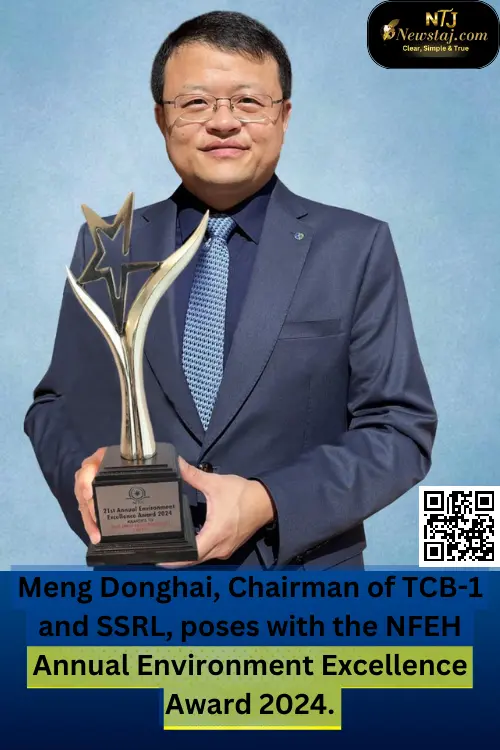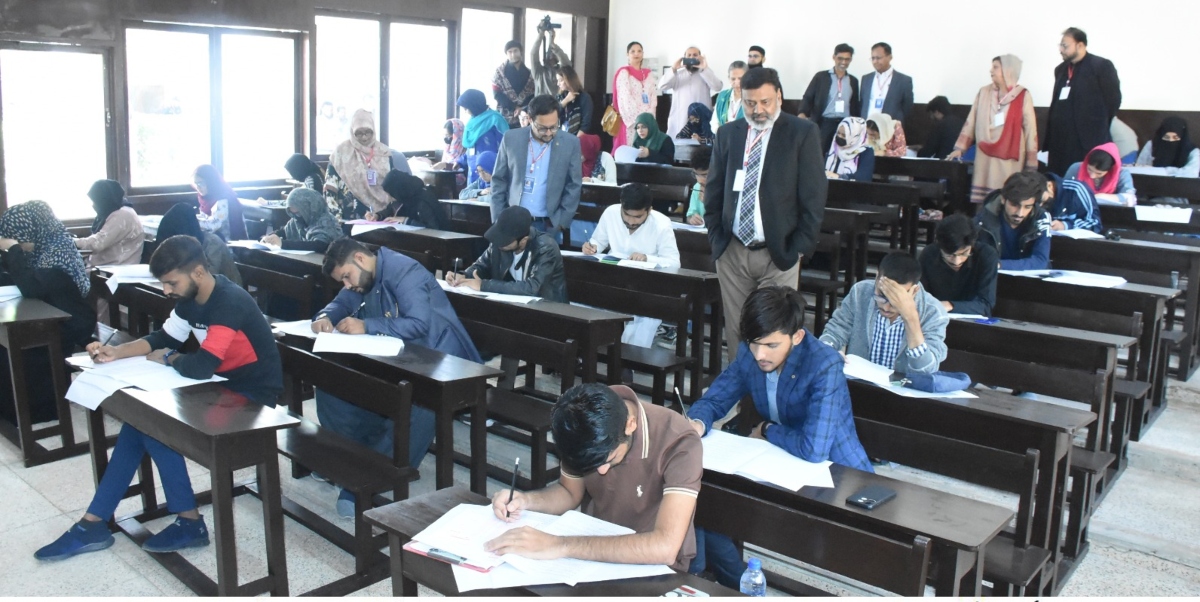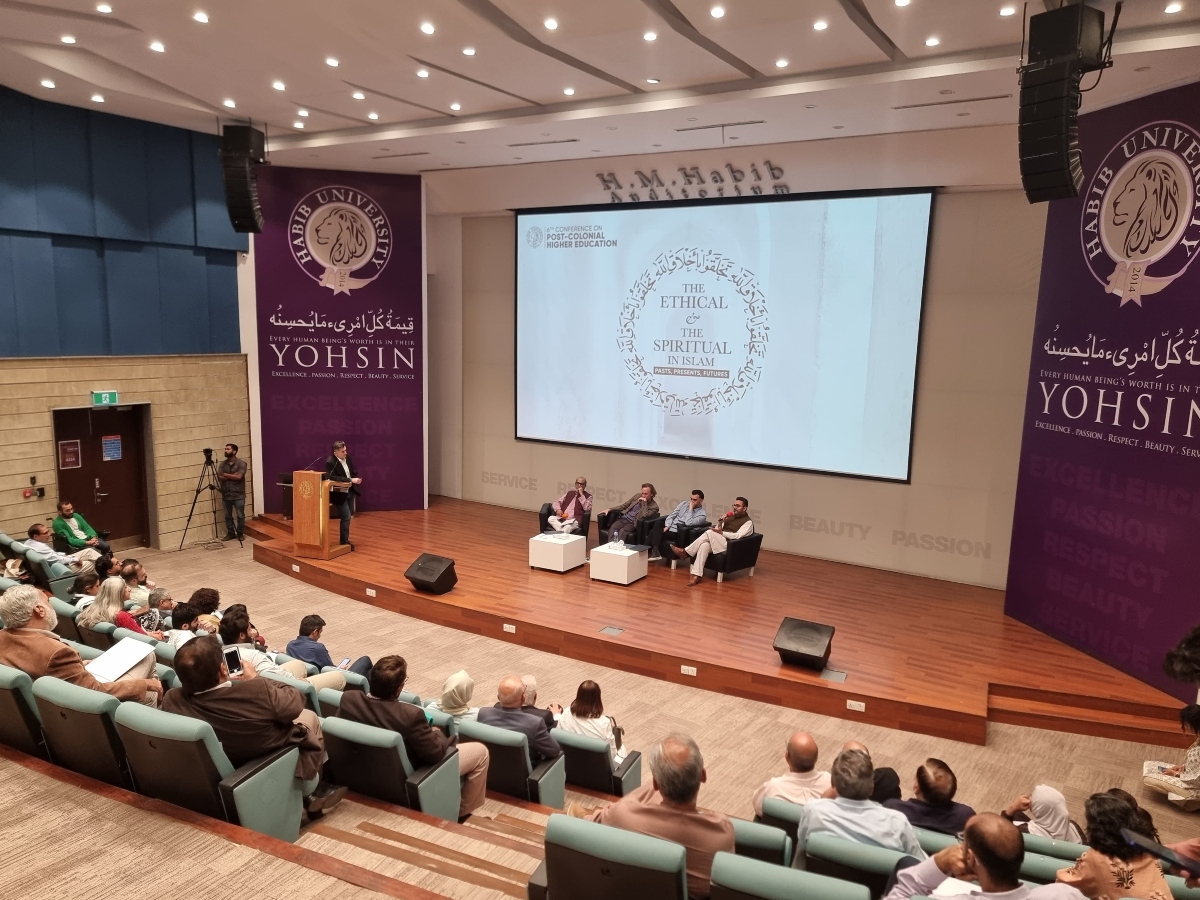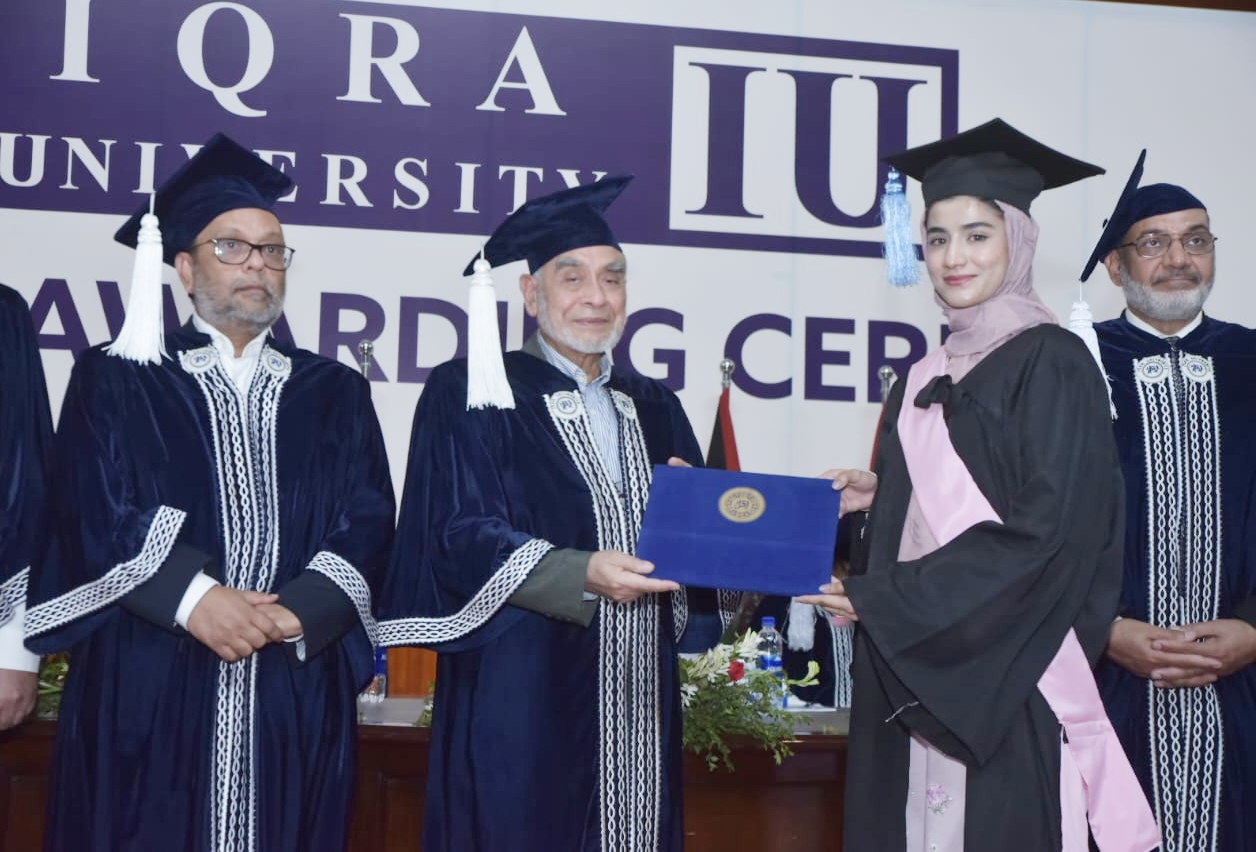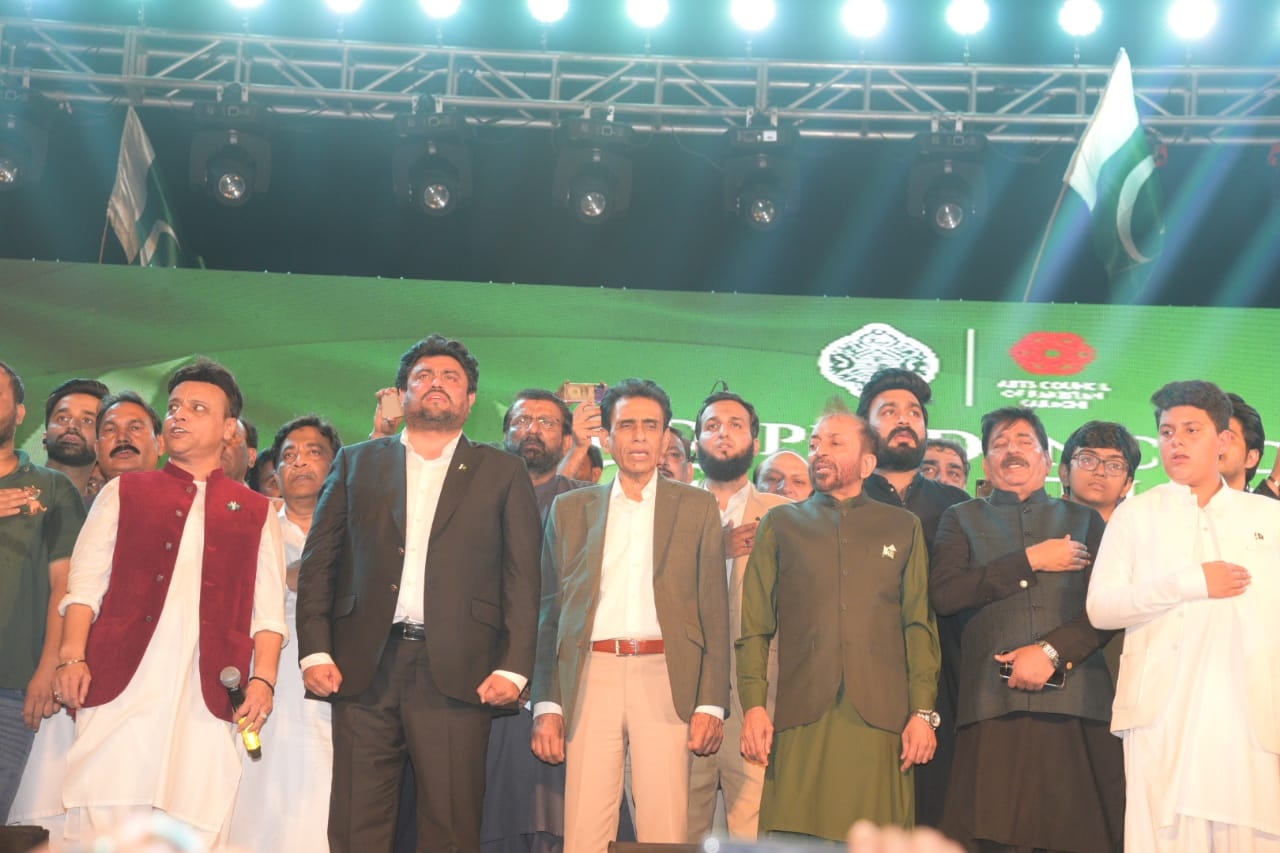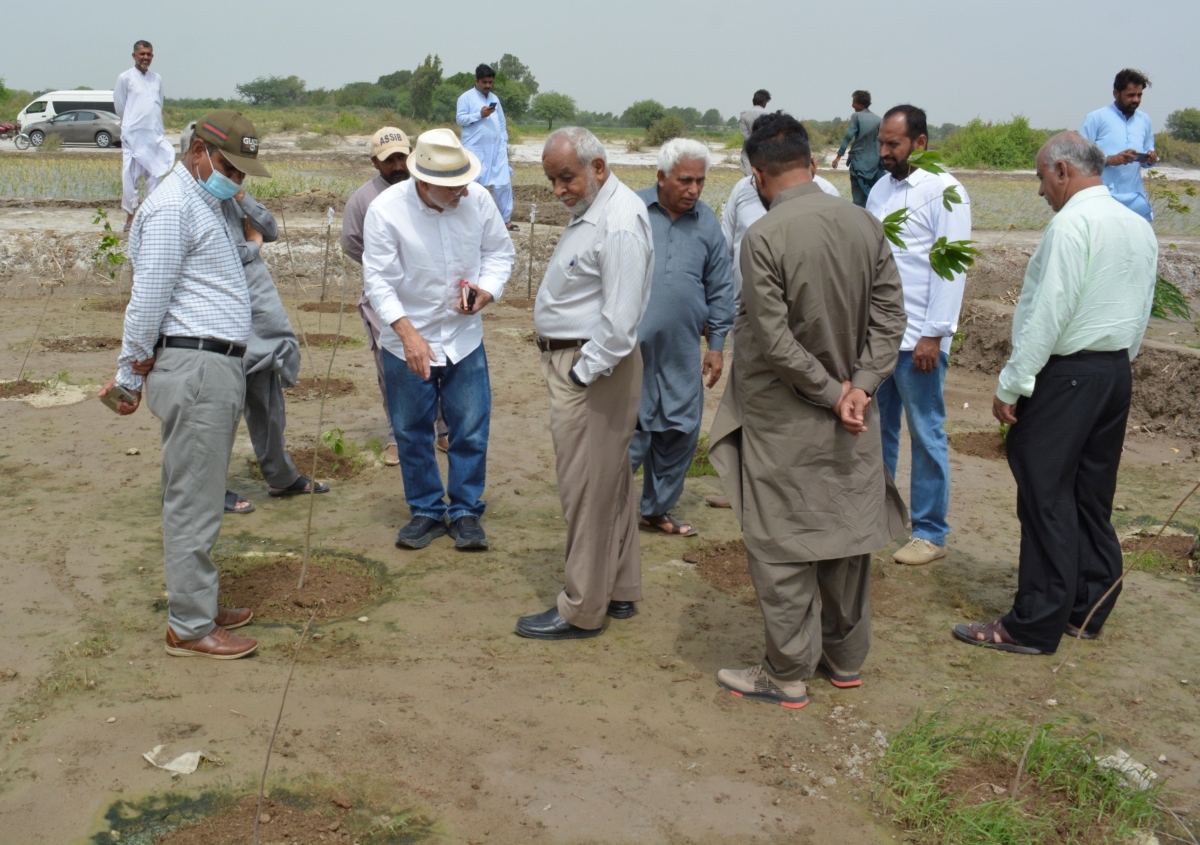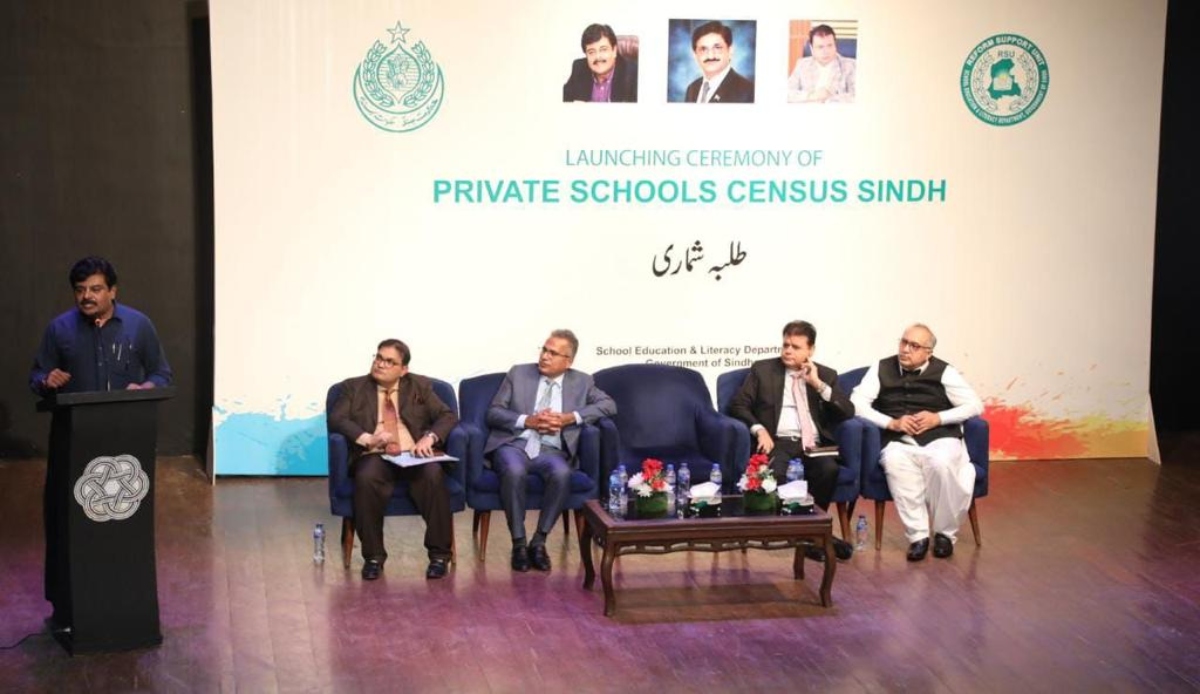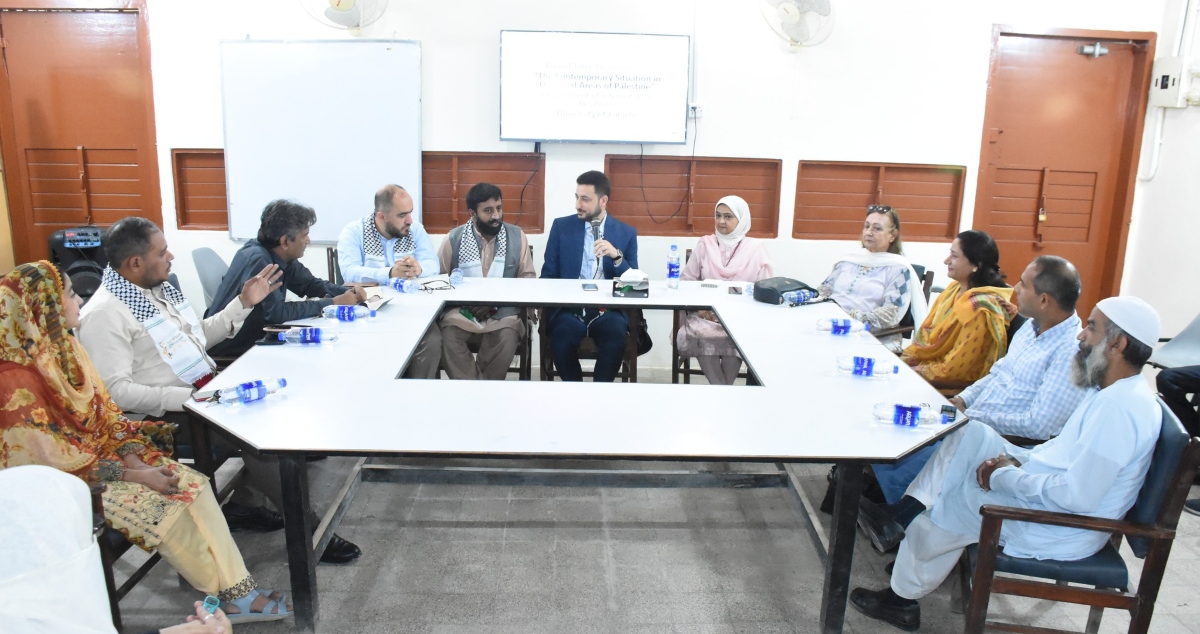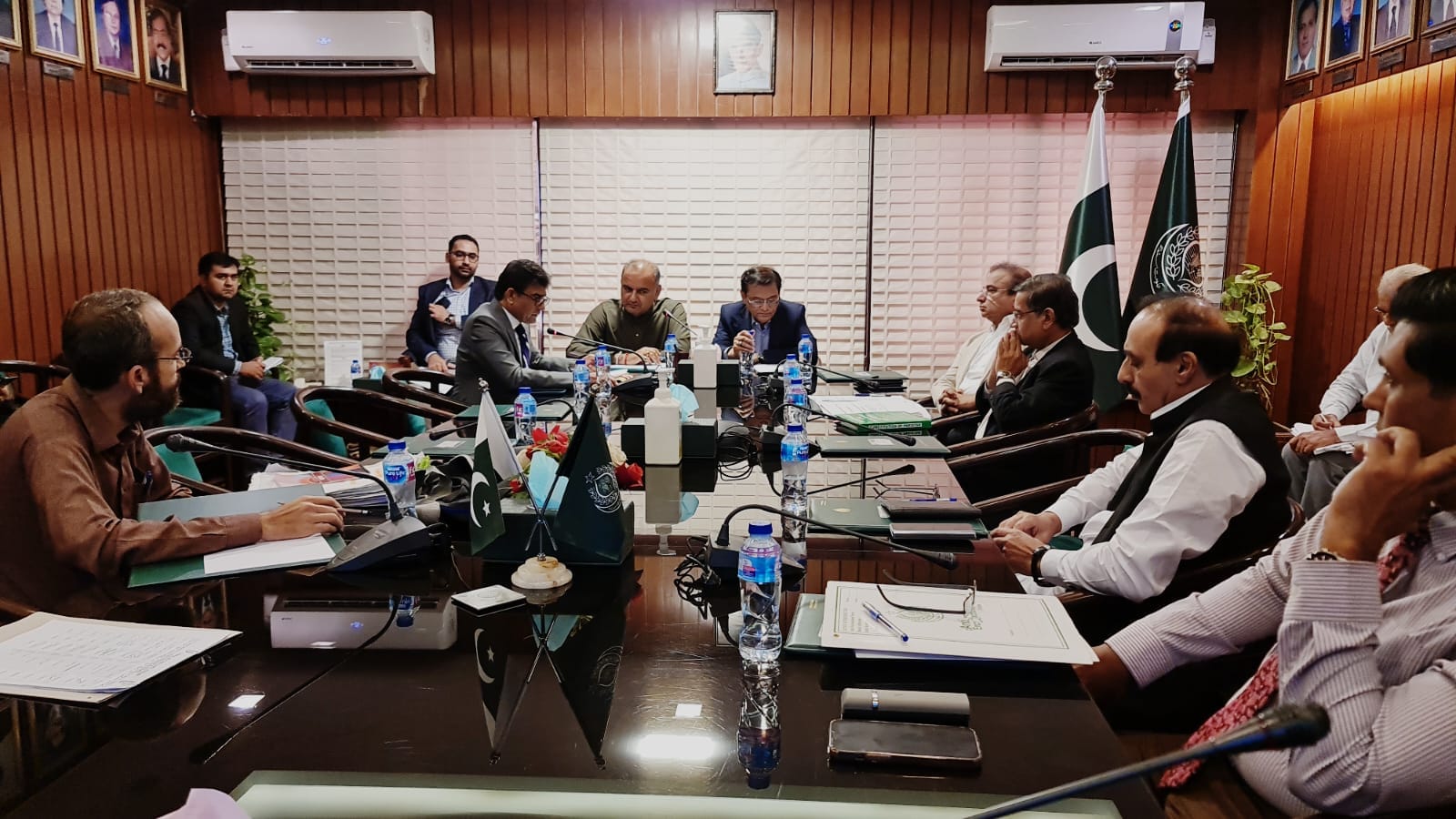
By Syed Wahaj Ahmed
US socio-cultural anthropologist Dr Matthew A Cook has stressed need for enhancing academic linkages with the faculty of the University of Sindh (SU), while giving pieces of advice in this respect.
“The American Institute of Pakistan Studies (AIPS) will assist the Pakistan Study Centre (PSC), University of Sindh (SU) in bringing US faculty for conduct of training and development of strong academic linkages with the US varsities,” Professor of South Asian and Post-colonial Pakistan Studies, North Carolina Central University and President, American Institute of Pakistan Studies (AIPS) USA Dr Matthew A Cook said.
He said that the teachers and scholars of Sindh University should send the manuscripts regarding Sindh, it’s culture, heritage and civilization, which will be published in Scopus verified Journal of Pakistan Critical Studies.
He said this while talking to participants of an interactive session at the Pakistan Study Centre of the SU on Monday.
Dr Matthew A Cook who is a PhD in Sociocultural Anthropology, hoped that the session would be a first step towards establishing academic linkages and research cooperation between the American Centre and the SU. He said that such sessions will ensure people to people contact between the USA and Pakistan.
“There is great potential and talent in the faculty members and PhD scholars of the SU,” he said and added that the SU faculty members were highly qualified from abroad but they needed further opportunities of training and research collaborations.
He said that he wanted to collaborate with the SU faculty members on research projects, adding that though the universities in Karachi, Islamabad and Lahore were included in mainstream, yet better would be to establish academic linkages with the SU as it housed 48,000 students simultaneously.
SU’s Dean Faculty of Social Sciences Professor Dr Hamadullah Kakepoto said that the session was aimed to explore the various opportunities for research collaboration, bring the US senior faculty for conducting training workshops at the SU, teachers and students exchange programmes and to develop academic linkages with American varsities.
He appreciated the efforts of the SU Pakistan Study Centre (PSC) director for organizing such an informative programme, while benefiting the research community.
SU PSC Director Prof Dr Shuja Ahmed Mahesar stressed need for the importance of developing linkages with the American Institute of Pakistan Studies and other educational institutions.
He said that making linkages and research collaboration will prove a vital role in enhancing, developing and conducting research culture at the main campus of the prestigious and old varsity of the province.
“Holding such eruditely and knowledgeable sessions will boost understanding of the USA scholars about Pakistan as a moderate and tolerant country of South Asia,” he said.
He explained that the session was designed to optimize intellectual discourse and mutual learning of the faculty who experienced enriching interaction with the US scholar.
“Dr Matthew shared new research ideas about democratization, climate change and he discussed various other research areas like culture, history, anthropology, society and civilization of Sindh,” Dr Mahesar said.
A number of senior faculty members of the university including Prof Ghulam Ali Buriro and eminent scholars as well as civil servants attended the interactive session, however, SU Dr Abdul Razaque Channa presented a vote of thanks.
Meanwhile, Sindh is famous for its oldest civilization of Mohenjo Daro, necropolis of Makli, the Indus River and the like that attract many foreign researchers and anthropologists throughout the world. Sindh is rich in its cultural and heritage values and a number of archeologists who are eager to know about the oldest civilization of Sindh keep visiting cultural and heritage places every year. Moreover, a large number of water colour artists who are infatuated with unique culture of Tharparkar visit deserts there to knuckle down to artistic works there frequently.

